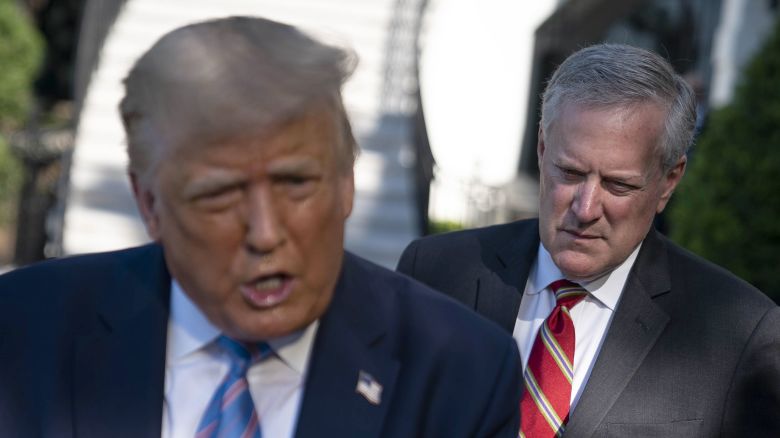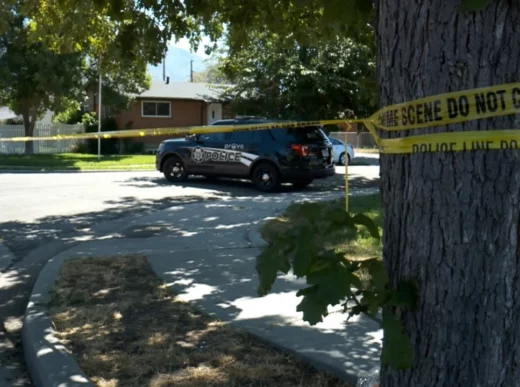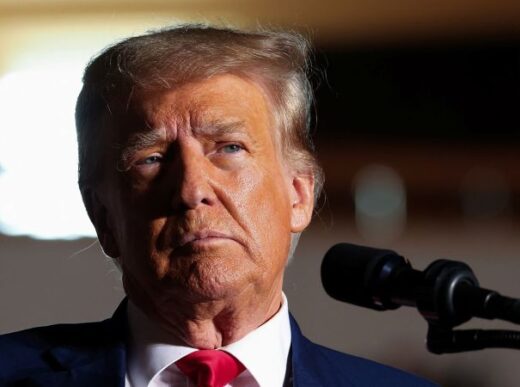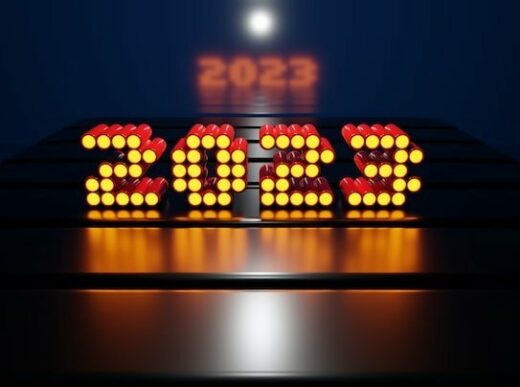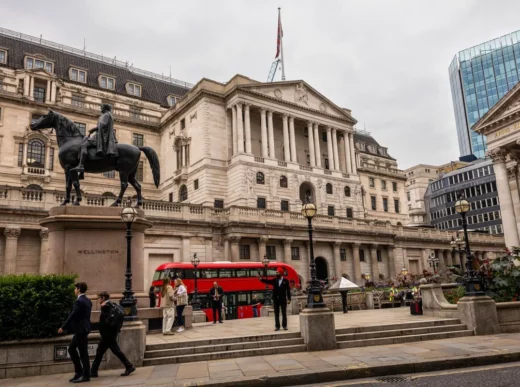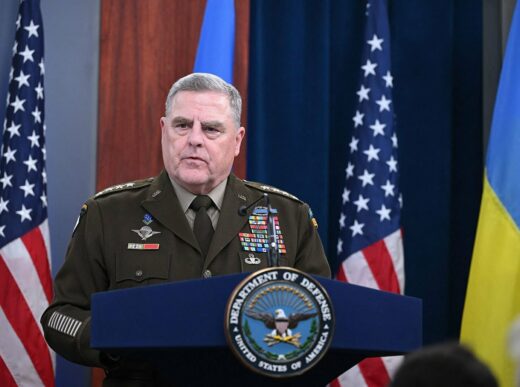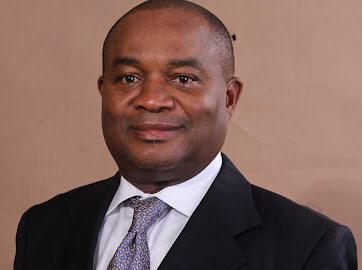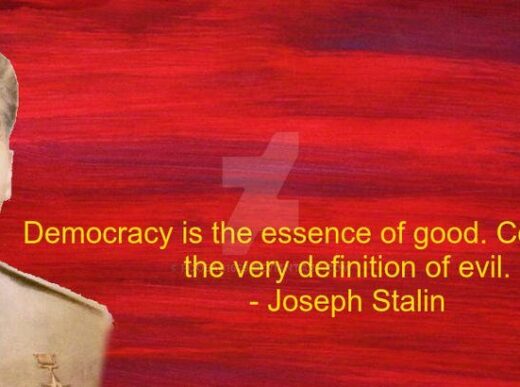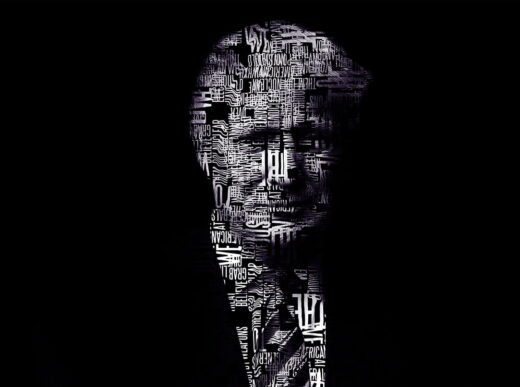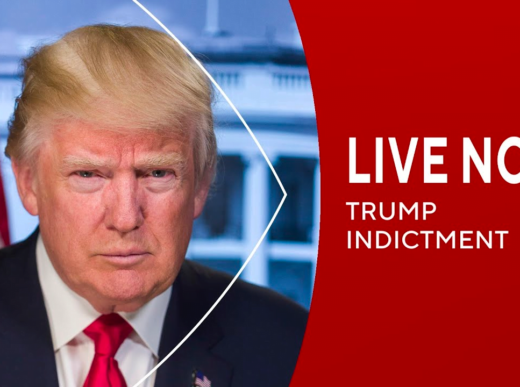In a remarkable legal turn of events, Mark Meadows, the former White House chief of staff under President Trump, embarked on a historic gamble by taking the stand in a pre-trial hearing. Meadows’ testimony aimed to convince a judge that his endeavors to challenge the outcome of the 2020 election, which saw Joe Biden emerge victorious, were integral to his official government responsibilities.
Should the judge concur with Meadows’ assertion, it could lead to a significant shift in the trial’s trajectory, transferring it from state court to federal court. This strategic maneuver could hold advantageous implications for Meadows and potentially for the co-defendants, including former President Trump. The trial is a response to the racketeering charges filed by Fulton County District Attorney Fani Willis against Trump, Meadows, and 17 others. These charges are linked to efforts to subvert the results of the 2020 election.
A Daring Strategy
Meadows’ decision to testify stands out, especially considering the general tendency for criminal defendants to exercise their constitutional right to remain silent during legal proceedings. Such restraint, particularly in ongoing cases, is a conventional approach that minimizes the potential for self-incrimination.
Legal experts are astounded by Meadows’ calculated risk. J. Tom Morgan, a former district attorney, remarked that putting a defendant on the stand during pre-trial motions is a strategic gamble that typically leans against the defendant. The fact that Meadows chose to testify is, therefore, a testament to the significance and complexity of the situation at hand.
By choosing to take the stand, Meadows offered prosecutors an opportunity to explore his actions post-2020 election. His statements and responses hold the potential to be used not only against him but also against his co-defendants. This includes the ongoing federal indictment of Trump for election subversion, further underscoring the critical nature of his testimony.
Federal Immunity Claim and Legal Implications
Central to Meadows’ strategy is his contention that he falls under a federal immunity claim. This claim, applicable under specific contexts, shields individuals who face prosecution or lawsuits for actions performed on behalf of the US government or tied to their federal positions. This argument aims to justify the actions Meadows took as Trump’s right-hand man, framed within his official government duties.
The impending decision of US District Judge Steve Jones holds significant weight, impacting all 19 co-defendants, Meadows included. Trump’s legal team is anticipated to follow suit with a similar motion. Notably, four other defendants have already initiated motions to transfer their cases to federal court, further indicating the gravity of this legal battle.
Judge Jones, appointed during the Obama administration, refrained from delivering an immediate verdict following Monday’s extensive hearing. He acknowledged the profound implications of the case and hinted at the possibility of setting a precedent for future cases. Meadows’ fate hangs in the balance as the judge’s decision could reshape the trajectory of the trial.
The Unpredictable Twist
Meadows’ decision to testify took both legal experts and the public by surprise. Unlike Willis, who had subpoenaed notable individuals involved in the events, Meadows’ attorneys maintained a strategic silence about their intentions. While individuals like Georgia Secretary of State Brad Raffensperger were summoned, Meadows’ appearance on the stand was unanticipated, adding an element of intrigue to the proceedings.
Throughout his testimony, Meadows consistently linked his actions to his official position. He detailed instances where he attempted to observe signature-matching operations and interacted with state officials, intertwining these activities with his role in the White House. His approach was not only aimed at emphasizing the connection between his actions and his federal role but also at justifying his decisions.
A Strategy with Complex Threads
Meadows’ assertions raised eyebrows as he claimed that his election-related actions were driven by a desire to advise Trump on future legislation related to election security. This rationale raised questions due to the timing and context of his involvement. Experts found it perplexing that such a justification was presented, considering Trump’s presidency was concluding, and his interest in legislative minutiae was historically limited.
The former chief of staff also found himself explaining why he engaged in actions such as setting up a call to settle private litigation. The prosecutor probed the scope of his duties, challenging whether such activities were within the realm of his responsibilities. Meadows’ response emphasized that his role extended to ensuring the president’s safety, security, and performance.
Challenges and Conflicts
Meadows faced a nuanced set of inquiries related to the charges brought against him. He refuted allegations presented in the indictment, particularly those suggesting his direction of Trump White House aide John McEntee to draft a memo outlining a strategy for delaying the congressional certification of the January 6, 2021, election.
However, this pre-trial hearing provided Meadows with the opportunity to deny allegations without direct access to the district attorney’s evidence. Meadows also confronted questions surrounding Trump’s false claims of election fraud. The prosecutor posed inquiries about his stance on the Georgia results and his perspective on Attorney General William Barr’s assessment of the fraud allegations.
Throughout the hearing, Meadows’ responses aimed to illustrate that his actions aligned with his role as chief of staff
